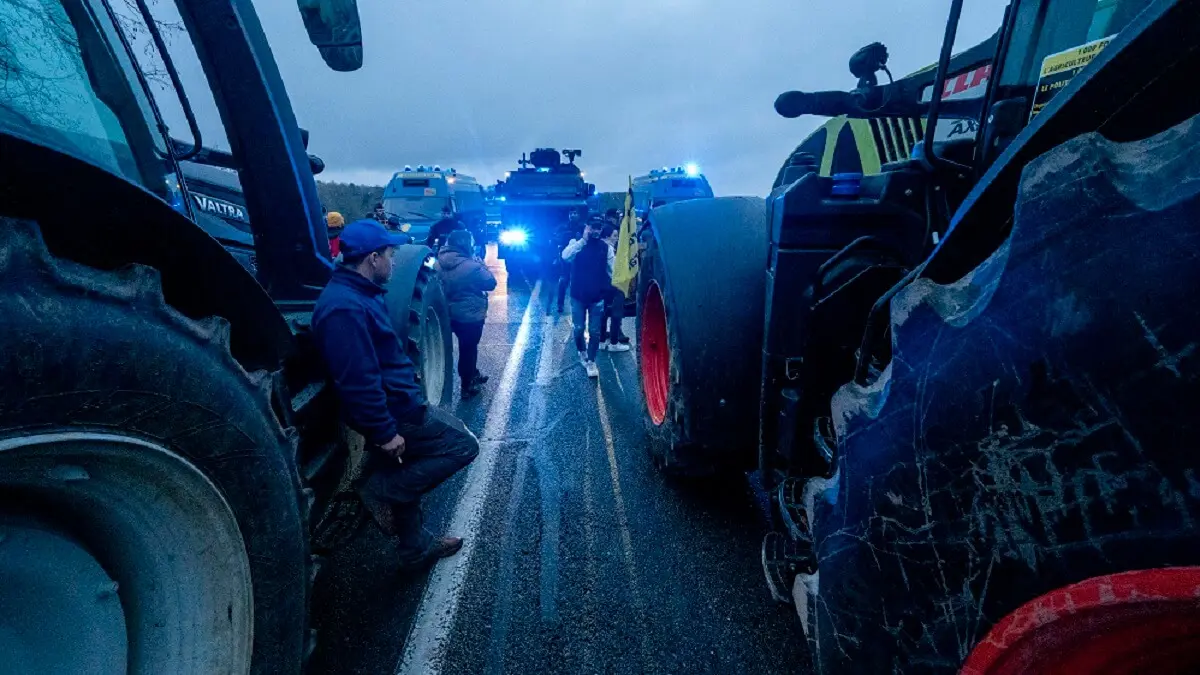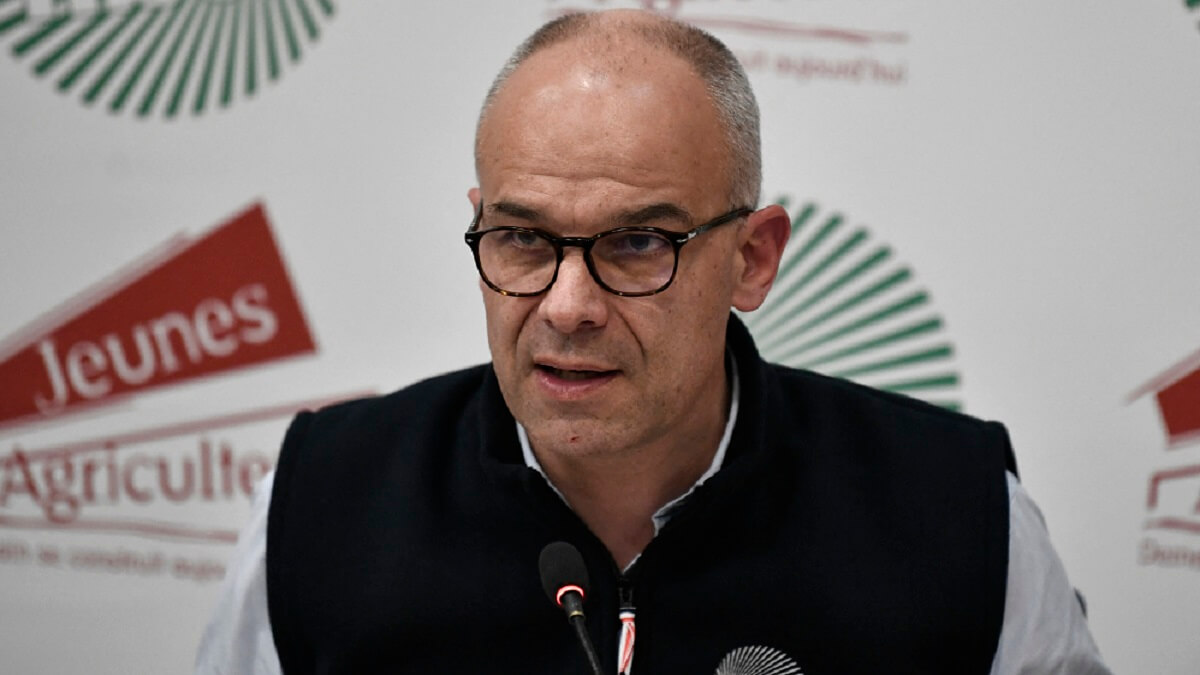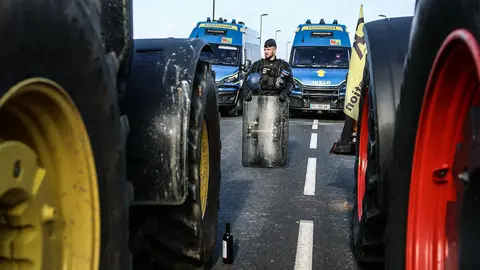Farmers begin to withdraw road blockades in France

French farmers continued to lift their road blockades on Friday after new government promises failed to convince a section of the movement determined to maintain their protests.
"Some localised points" want to "hold out until Saturday" and "isolated groups" even want to "hold out until the Salon de l'Agriculture", which opens on 24 February, a police source told AFP.
The main agricultural unions, the FNSEA and Young Farmers, called on Thursday for the blockades to be suspended, while waiting to see the "first results" of the measures announced before the start of this annual meeting of the rural world in Paris.
On the asphalt, the number of agricultural vehicles had been decreasing since Thursday evening, as on the N12 road west of Paris, where only seven tractors remained on Friday morning, security forces said.
In the southern region of Occitania, where the protests began on 18 January, blockades were also being lifted. "It was a historic mobilisation, hard, strong," celebrated Laurent Saint-Affre, one of the local union leaders.
"The most visible part of the crisis (...) is behind us," said Marc Fesneau, the agriculture minister, on Europe 1 radio, aware that they still have work to do to prevent a resurgence of the mobilisation.

The French Prime Minister, Gabriel Attal, promised on Thursday greater control of the origin of products, aid to the livestock sector and the temporary suspension of a plan to reduce the use of pesticides, among other measures that convinced the majority unions.
The Rural Coordination centre also considered that they achieved their objectives, but not the Peasant Confederation, which called for the mobilisation to continue, since "the government is still not addressing the fundamental issue of income".
The farm protests, which are spreading across the European Union, reached the heart of the European institutions in Brussels on Thursday, which saw some 1,200 tractors parade through its streets.
European Commission President Ursula von der Leyen promised to ensure "fair competition" for European farmers in free trade agreements and to reduce their "administrative burdens" in the Common Agricultural Policy.









